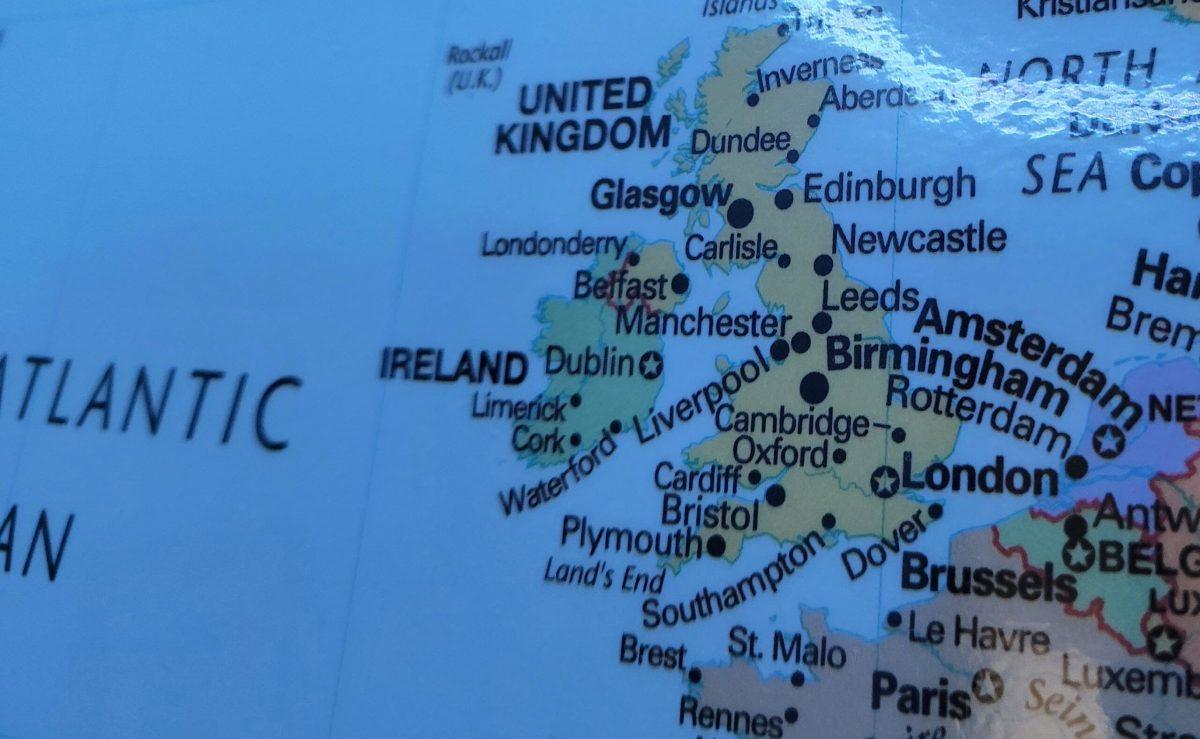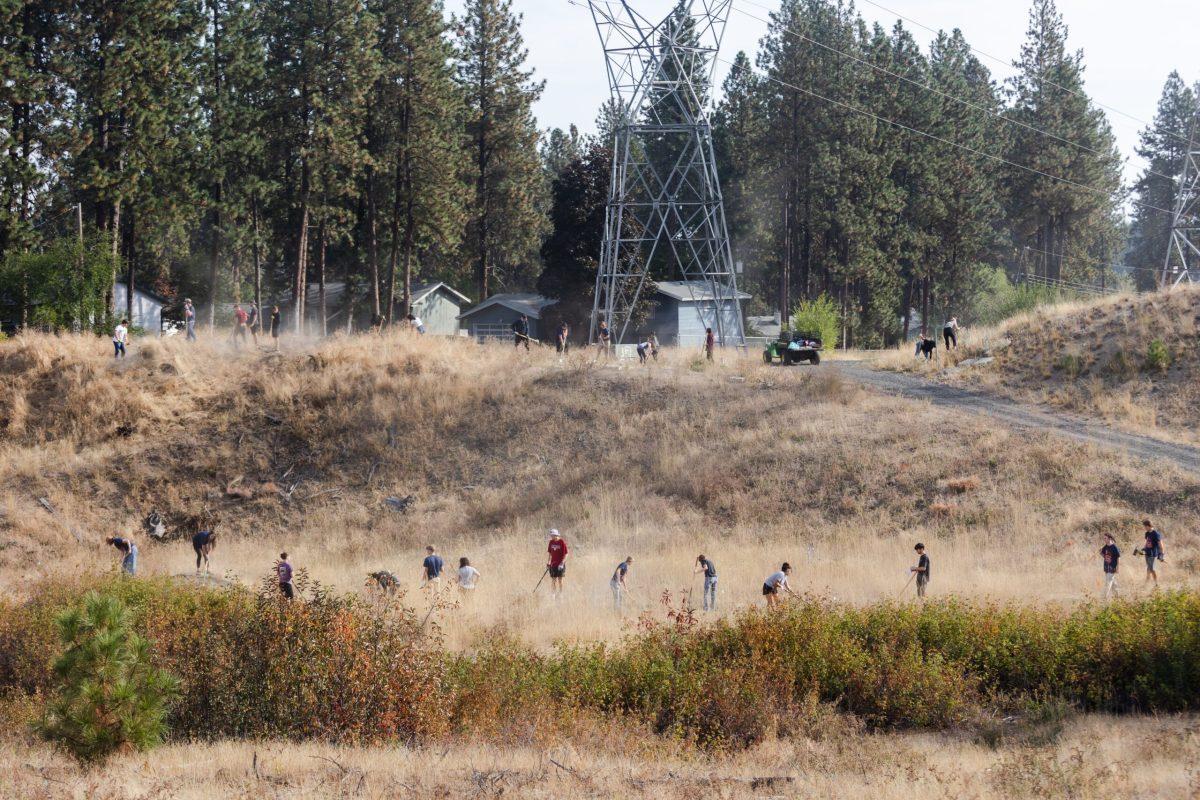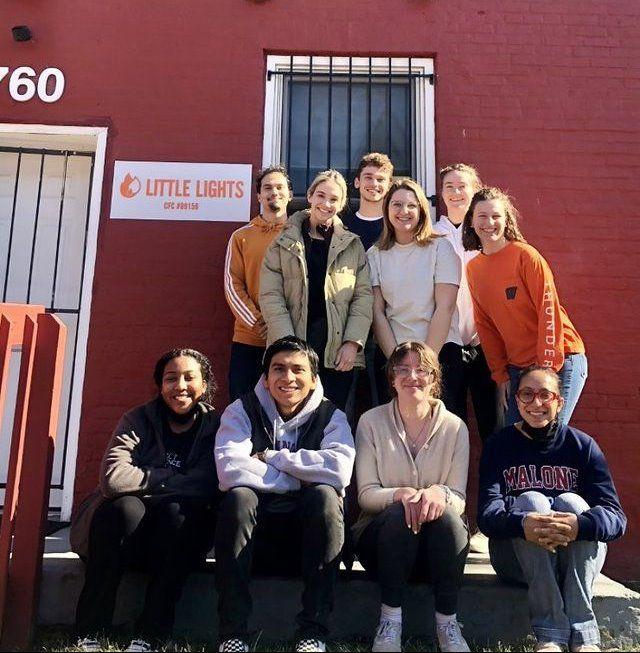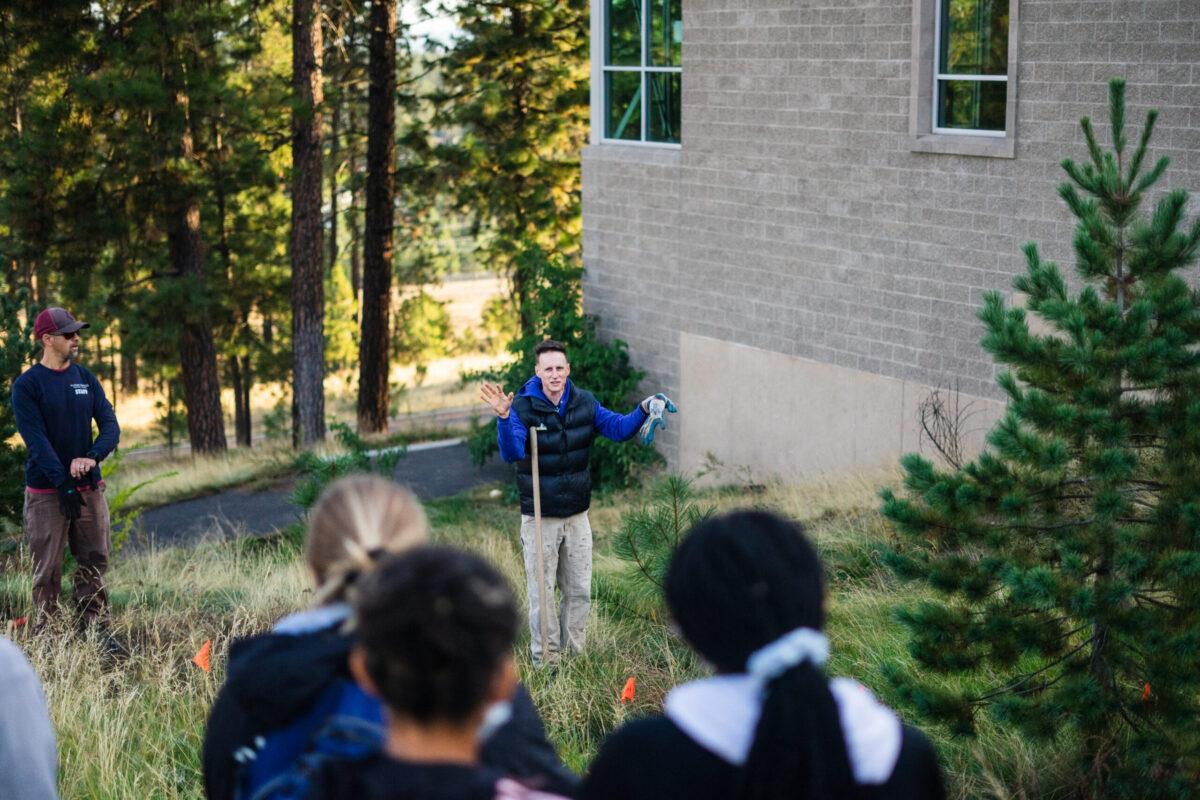Whitworth students, I’m calling you out. We all need to be a little more giving.
This may surprise some returning readers of the column who know that I espouse conservative principles on just about every issue, including economics. I am strictly opposed to expansive welfare programs, but that doesn’t mean us right-wingers are a bunch of Scrooges. It means that we recognize the deficiencies and harmful effects of state welfare programs. However, while we advocate for less charity from the federal government, we lobby for more charitable giving on the part of private citizens.
First, let me explain why federal charity doesn’t work. The money that goes to welfare programs comes from taxpayers and goes through a web of bureaucracy before reaching recipients. It also has to fund the (sometimes exorbitant) salaries of politicians. State welfare is an incredibly inefficient strategy for reducing poverty. Today, the U.S. government spends just under $1 trillion per year on anti-poverty programs. However, more than 50 years since Lyndon B. Johnson launched the so-called “War on Poverty”, the poverty rate still hovers around 15 percent, right where it was in 1964.
There are also documented negative consequences of government welfare. It creates a permanent underclass of people that live in a state of dependency. A study conducted by University of Ohio professors Lowell Galloway and Richard Vedder found that, among individuals below the poverty line, those who do not receive welfare payouts are two-and-a-half times more likely to escape poverty and be above the poverty line within a year compared to those who do.
Massive increases in welfare payouts beginning in the 1960s also had adverse social effects, especially on low-income families. The “War on Poverty” directly correlates with dramatic upticks in crime and the children born out of wedlock, which has been shown to be, far-and-away, the biggest factor leading to child poverty. Studies conducted by Ellen Freeman at the University of Pennsylvania and Dr. June O’Neill at the U.S. Department of Health and Human Services confirm not only correlation, but some degree of causation between welfare payouts and these unfortunate effects.
But as I mentioned earlier, if state charity decreases, we as individuals will be responsible for picking up the slack. Individual charity allows for more streamlined giving without the negative consequences. Food banks and soup kitchens personalize the giving process as volunteers often interact with the people they serve and show interest in their lives. The recipients also understand that private charity is provided for by willful givers and volunteers who dedicate their lives to helping people in need. This is a far cry from the government welfare system where recipients get in line to reload a food card every month from a taxpayer-funded government account.
Not only is private charity more effective than federal welfare, it is more rewarding. While paying taxes is the bane of our collective existence, study after study shows a correlation between charitable giving and positive changes in mood.
Given the adverse unintended consequences of state welfare programs, it is my firm belief that the money that is currently being taken in by the government would be much better served as a dollar-for-dollar tax credit for individuals who give to charity. So the first step is to lower taxes and put more money back in the hands of individuals and charity organizations, but the second step is for those individuals (AKA everyone reading this) to start giving! Whether it be of their time or of their money.
Former ASWU Presidential candidate, Mak Karge, pointed out a lack of volunteering among Whitworth students in a debate. I concur. In an interview, Karge said that students should be more purposeful about actively seeking out volunteer opportunities, and also thinks that the volunteer programs on campus currently being run need to be advertised.
If you are interested in giving or volunteering, get in touch with the people at the Dornsife Center on campus, or contact an organization directly. There are many great charities right here in Spokane such as Blessings Under the Bridge, Big Brothers Big Sisters, Project Hope, Union Gospel Mission and One Heart Spokane (links with more information about these organizations will be in the online version of this article at TheWhitworthian.com).












 Spokane?
Spokane?